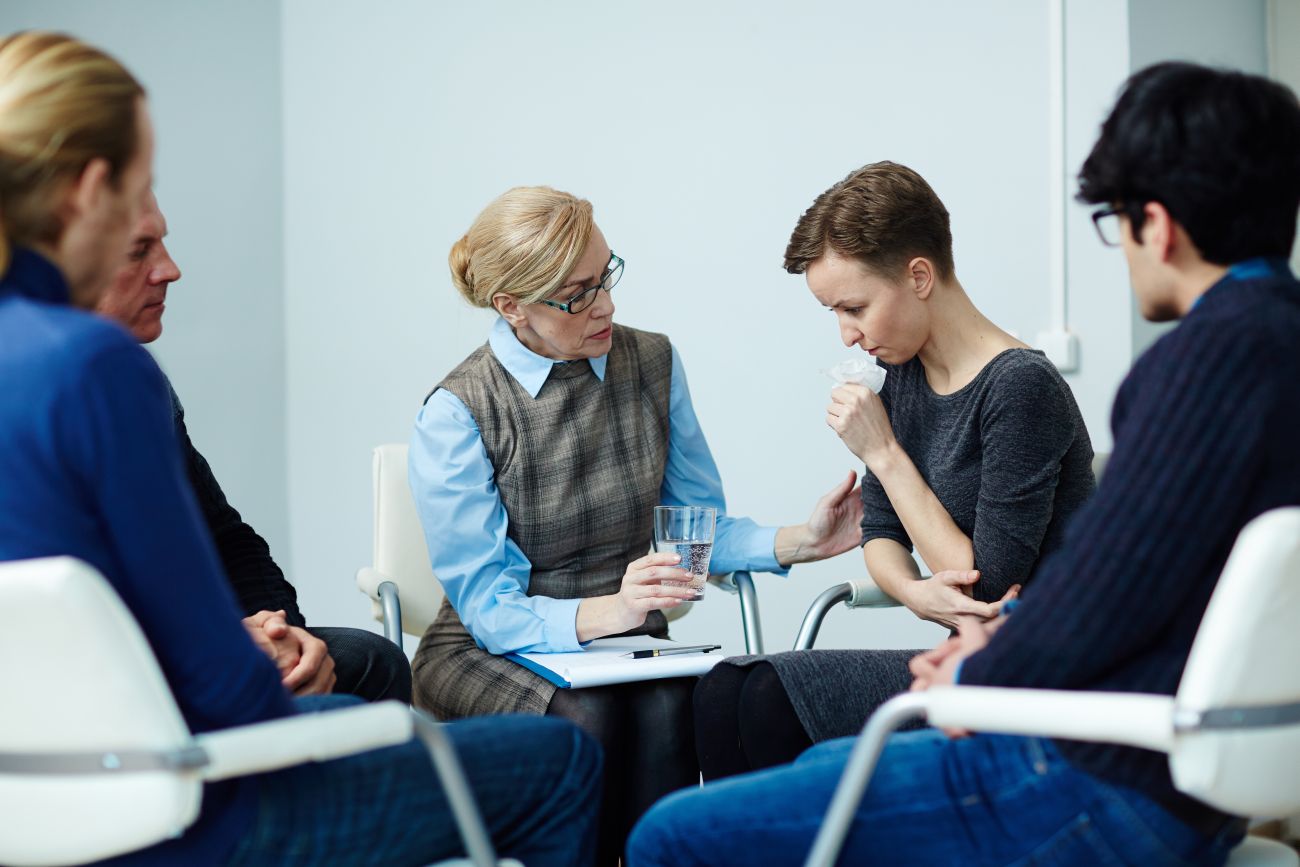People suffering with addiction have a very complicated struggle. The impulse to satisfy their craving can be dangerously overwhelming, and despite their better judgement, the compulsion is overpowering. It can dismantle careers and relationships, and those on the outside are often left feeling helpless.
A common misconception about addiction is that the victims don’t want to get sober. This is a gross and unfair exaggeration, as addiction is not something people can simply stop, ignore, or “get over.” Another assumption about those struggling with addiction is it only affects people who are not financially stable or lack support from their family. This is not true either, as statistics show addiction can touch anyone from nearly any walk of life.
Fortunately, the medical community has begun to accept addiction as a serious disease. The medical community have made great strides to understand how addiction works, and how it sinks its claws into those who suffer with it. Many health insurance plans now include some form of substance abuse treatment. People are no longer expected to find sobriety in silence and shame. This means that recovery and support are much easier to attain.
Treatment Options
There are different treatment options available, their severity depends on your needs and what you can handle at the time. For those who are nervous about taking the first step, anonymous hot-lines are an easy first step towards recovery. The helpful individuals on the line will listen to your personal struggles and gently guide you to the next step, when you are ready.
Another option is joining a support group. The path to sobriety can feel extremely isolating, leading to feelings of guilt and shame, both of which only exacerbate the problem. Support groups provide a community for people who are struggling with similar problems. These meetings also help track the length of your sobriety and celebrate significant milestones, using the influence and success of your peers as motivation.
Some people who struggle with addiction use support groups as opportunity to find a sponsor. Sponsors are people who have more experience with the program and can offer additional support, day or night. If you prefer that one-on-one approach instead of a group setting, another form of treatment is to see a substance abuse counselor. These professionals are educated and experienced in the complexities of addiction. They can provide you with a more individualized plan that identifies your personal triggers. This could also be enlightening because it allows you an opportunity to look deeper into your addiction.
Seeking a Specialized Professional
Because addiction can cause significant physical and emotional damage, it may be necessary to visit a doctor who is familiar with this condition. There are physicians who have chosen addiction medicine as their specialty, and unlike a general practitioner, they will have answers to any health concerns that deal with substance abuse. These physicians are also certified by the American Board of Addiction Medicine or the American Board of Psychiatry and Neurology.
Addiction is not necessarily limited to one substance, and neither are addiction specialists. These professionals are equipped to deal with addictions to alcohol, recreational drugs, prescriptions medications, and even tobacco. When there are multiple substances in a body, it can lead to complications and serious health problems. A doctor who specializes in addiction medicine can also assist in treatment, education, prevention, and how addiction impacts your family.
One of the most important things to remember when seeing one of these specialists is to be completely honest. As hard as it may be to put your suffering into words, it could be life-saving information to a doctor. Addiction specialists can prescribe methadone or buprenorphine as a form of treatment. These are approved medications for those who have been addicted to opioids for an extended period of time, and have a severe dependency. The goal of this treatment is to satisfy the cravings without the effects of street opioids. Unfortunately, this is not a cure for opioid dependency. Methadone and buprenorphine are meant to be used as part of detoxification or a maintenance medicine.
Rehabilitation Centers
Another common step on the road to recovery is a temporary visit in a rehabilitation center. While some people make this decision easily, others use rehab centers as a last resort. The reason for this is that the treatment you would receive at a rehab center can be more intense than the alterative methods. Many see this as a loss of freedom, which can be frightening. There are specific rules that must be followed in order to receive treatment. Every facility operates differently, but you can expect daily schedules, mandatory counseling, and limited personal possessions on the premises.
Your experience in rehab depends on several different factors. Some inpatient visits only last for thirty days, while others can take up to a year. There are also addiction specialists at these facilities, who are there to help speed up your recovery. Their job is to monitor your vitals, make sure you’re actively trying to improve, and encourage a healthier lifestyle.
Unfortunately, these centers are not free, so your insurance or ability to pay is a major factor. However, the services a rehabilitation center provide can be invaluable to your recovery. The center’s administration and staff can review your preferred substances, triggers, behavioral patterns, family history, and more in an attempt to pinpoint what’s causing the addiction.
An unfortunate element of rehabilitation, or treatment in general, is the possibility of a relapse. A relapse is when someone falls victim to their addiction after a detoxification. While these moments may feel like failures, they are quite common. It takes more than will power and a “can-do attitude” to fight substance dependency. Some people return to rehab several times before they find a way to cope with day-to-day life. The goal of rehab is more than detoxification. These centers aim to alter the paths that typically point to unhealthy choices.
Below is a list of noteworthy rehab centers in America to consider:
- Midwest Recovery Centers, Kansas City, MO
- Serenity Rehab, Marne, MI
- Recovery Unplugged, Austin, TX
- Alpine Recovery Lodge, Alpine, UT
- 1st Step Behavioral Health, Pompano Beach, FL
- Recover Integrity, Los Angeles, CA
- Just Believe Recovery Center, Carbondale, PA
- Willingway Inpatient Program, GA
- Tully Hill Treatment Program, NY
- Copac Addiction Recovery Center, MS
- Sober College, Woodland Hills, CA
- High Watch Recovery Center, Kent, CT
 Pressmaster / Shutterstock.com
Pressmaster / Shutterstock.com


